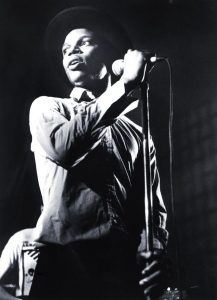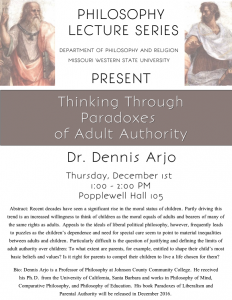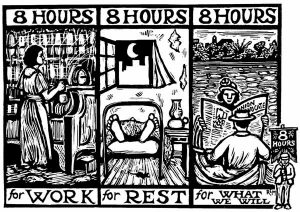Here’s one I gave at the APA central in 2022.
Category Archives: Uncategorized
‘Neutrality’ and the Politicized Classroom
I wrote a brief piece on the topic of neutrality and politics in academic work that is now up on the Blog of the APA. I argue that while it can be appropriate for professors to ‘take sides’ on political controversies in the classroom and in their research, there comes a point where they cross over into less defensible forms of activism.
The Goodness of Childhood–APA Talk
I’ll be talking a bit about how we should think about the value of childhood at the APA Central.
Trump’s Diversity Trolling
If Donald Trump has one natural talent it’s for trolling. I take trolling to be a kind of performative speech act akin to an insult, a use of language that succeeds by provoking a response in its very utterance. A good troll manages just enough truth to demand a response while exploiting context to create an outrageously misleading impression. When done well, this provokes so much exasperation, rage, and disgust that the troll’s victims are reduced to ineffectual sputtering that seems to confirm his outlandish insinuations. Once embroiled, the victim can reverse things only with an expenditure of time and energy that exceeds the troll’s by orders of magnitude.
Trump’s recent executive order on diversity training may be one of the last things of significance he manages as president. Without explicitly saying so, the order targets Critical Race Theory and more radical sorts of Feminist Philosophy, and everyone knows it was a political stunt driven entirely by his desperate desire to be re-elected. Predicated on anecdotal reports from a highly biased source, the order was issued without even the pretense of an independent investigation of the targeted training’s prevalence, its full content, or its actual outcomes. Taken as response to the ideas it targets, the order is as convincing as guidelines on the use of fetal tissue based on The Center for Medical Progress’ Youtube channel.
That said, it is hard not to marvel at the order as a bit of trolling…Keep reading.
12 Rules for Life: A brief review.
The world probably doesn’t need much more said about Jordan Peterson for a while, but having read his 12 Rules of Life: An Antidote to Chaos from lobster to pen of light I feel a bit entitled. So here’s a brief review.
It is a truly weird book. Enough so that evaluating it is a little hard—it’s not obvious what kind of book it is trying to be, and so it’s hard to find a basis for judgment. It attempts—maybe—to synthesize an astonishing range of material, and kinds of material. Much of what Peterson draws on is interesting and he often explains his sources well. But it is fair to wonder if it’s really possible to reconcile the empirically grounded psychology he appeals to with the rather more, let’s say speculative, depth psychology he is also fond of. Never mind the dragons and chaos and biblical stories and fairy tales. Peterson is awful on feminism but good on embodied cognition. His child rearing advice is sensible and his accounts of his daughter’s struggle with rheumatoid arthritis moving, but one has to wonder how much Heidegger he’s actually read and he understands little of Daoism. On the other hand, his biblical exegesis is suggestive and insightful and his accounts of treating patients in his clinical practice fascinating. And so it goes for 300 or so meandering pages.
In the end it has to be recognized that many readers find something of great personal importance in this book, and it’s worth considering why. In this respect Peterson reminds me of another rigorously trained practitioner of the healing arts who dabbles in a personally charted intersection of science, philosophy, and religion. Substitute Hinduism for Jungian psychoanalysis and subtract the politics and you get…Deepak Chopra.
RIP Ranking Roger
Very sad–but here’s of uplifting ones.
Podcast on Academic Freedom
Here is an interview I gave with the KNEA on academic freedom.



